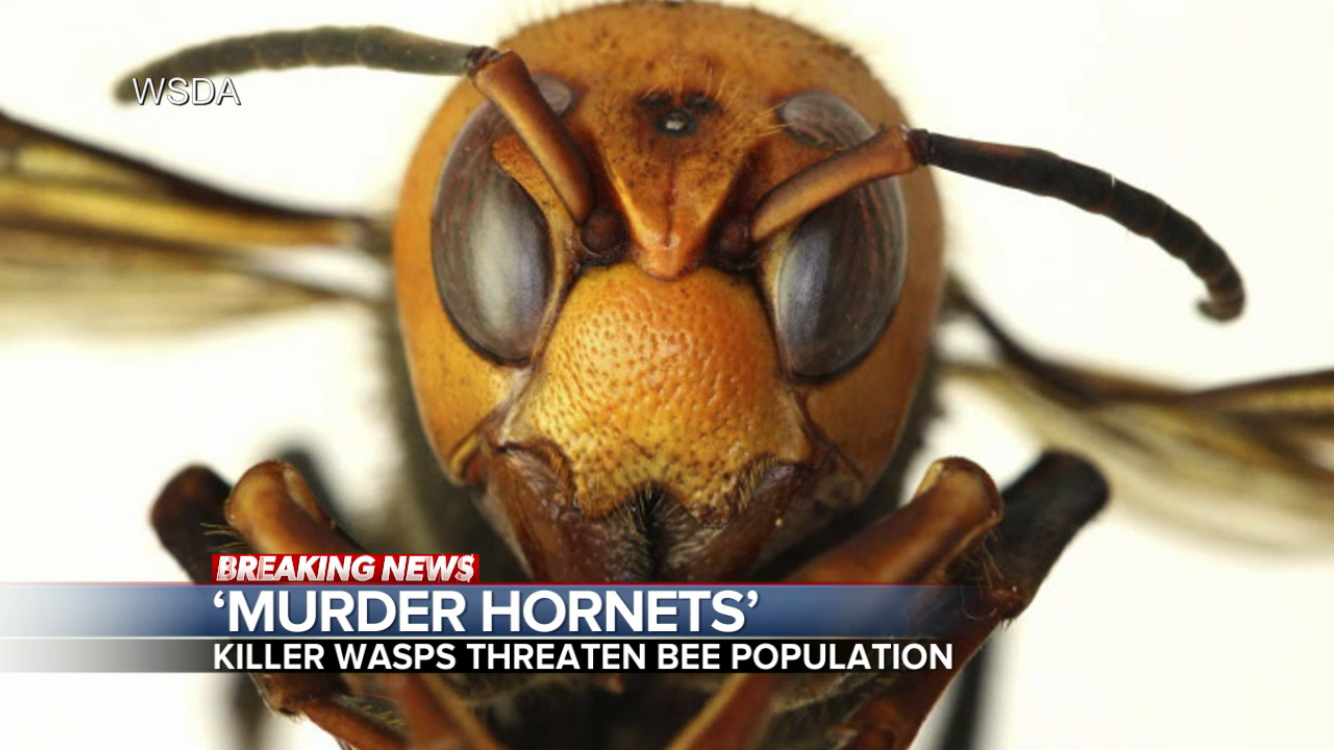The real name for these huge insects are Asian giant hornets. They are much bigger than other hornets and have quarter-inch stingers. Found in Canada last August and then in Washington State last December, the hornets only started to be a real problem sometime last month, as their hibernation period ended. Most common in Asia, scientists are not sure how they made their way to North America, but assume they came on international cargo at some point.
One of the biggest issues is the attack on honeybees. The hornets decapitate the bees and use their bodies to feed their young. Piles of these little bodies are increasing at a very alarming rate, as their hives are being destroyed in just a couple hours. Honeybees are extremely important for our food and crops — supporting about $20 billion worth of U.S. agriculture annually — meaning this large loss can be even more detrimental to the nation than it seems.
Additionally, these hornets can kill people with just a few stings. More deadly than other bees, they do not die after just one attack. In Japan — where they are more commonly found — they cause about 30-40 deaths annually.
Since coming to the U.S.,no one has suffered fatally, but considering how dangerous these creatures, many around the country are concerned. “It was like having red-hot thumbtacks being driven into my flesh,” said Vancouver Island beekeeper Conrad Bérubé in an interview with The New York Times. The sting penetrated through his bee suit and sweatpants, so special suits had to be brought to Washington State scientists. However, they do not usually hurt humans unless provoked, and only those who are allergic are most at risk.
Right now scientists are hunting these hornets as fast as possible, as they need to be destroyed before they can completely wipe out our bees. In Washington State officials have asked everyone to immediately report any sighting, as it is important in the process of eliminating this issue. They also stressed the importance of staying away if found considering how painful and easily you could be stung.

Hi! My name is Gretchen and I am a senior editor and SEO editor for The Mycenaean. I love to travel and listen to music.

Leave a Reply